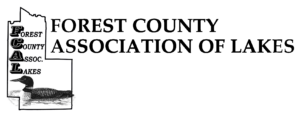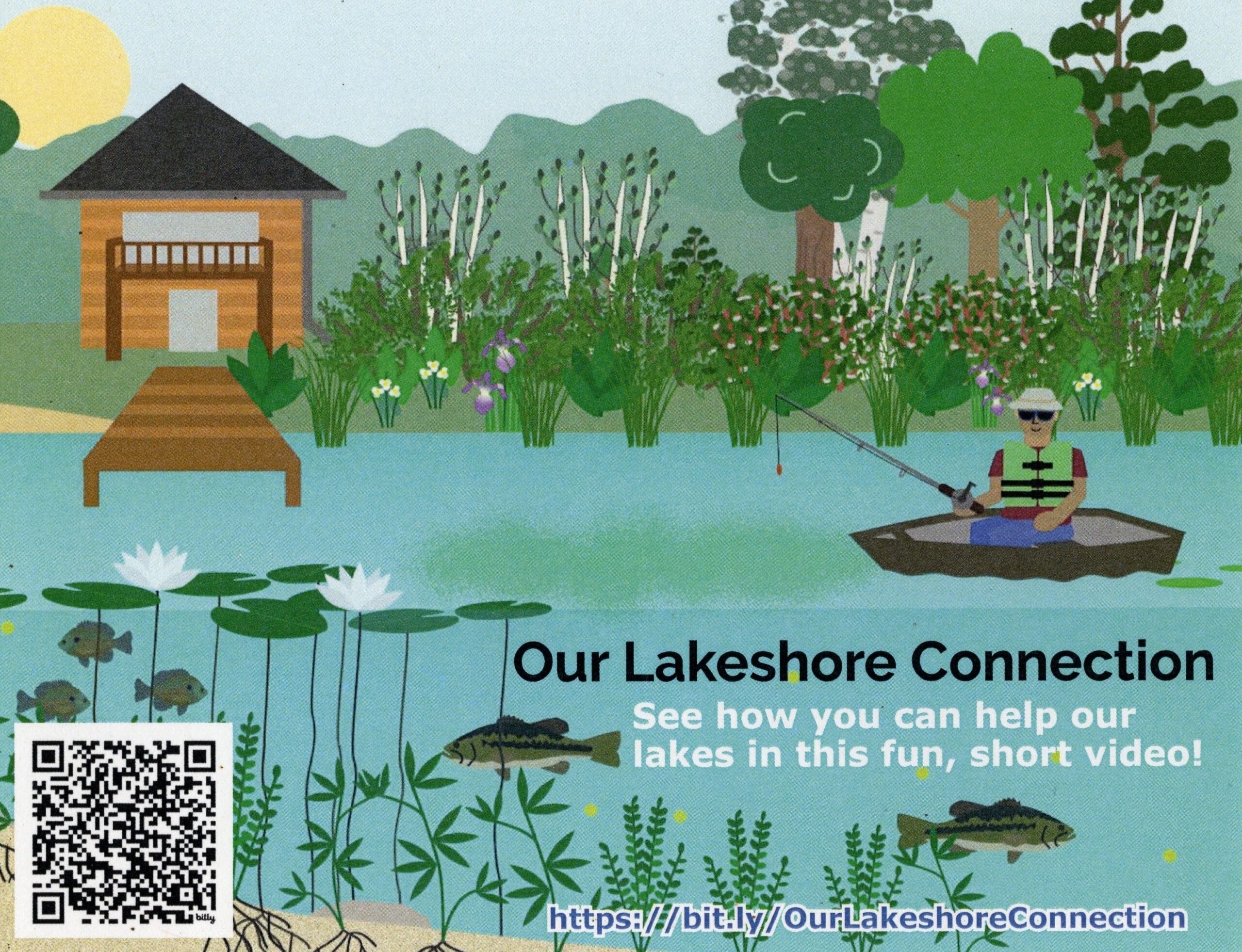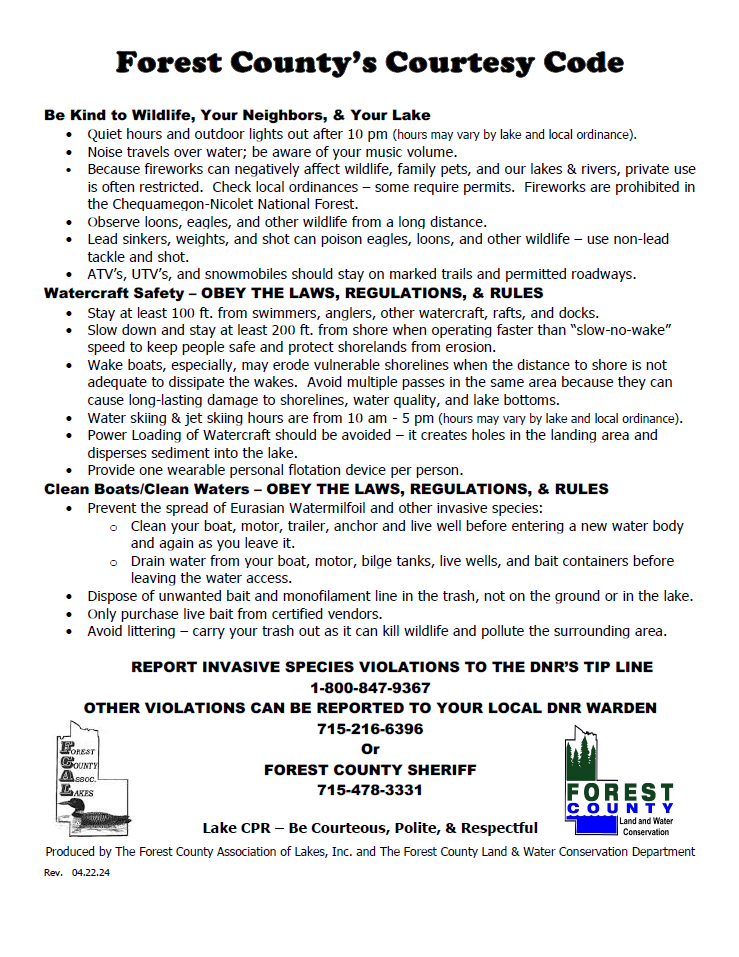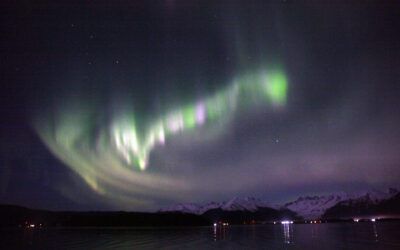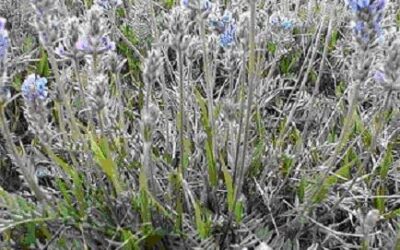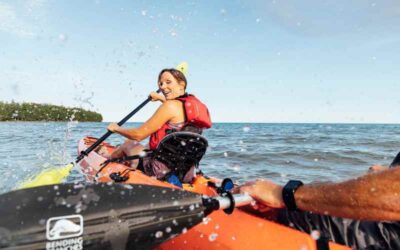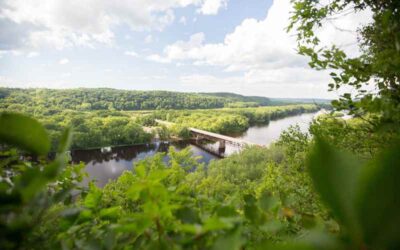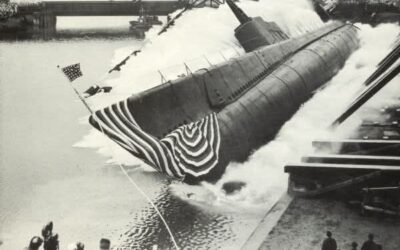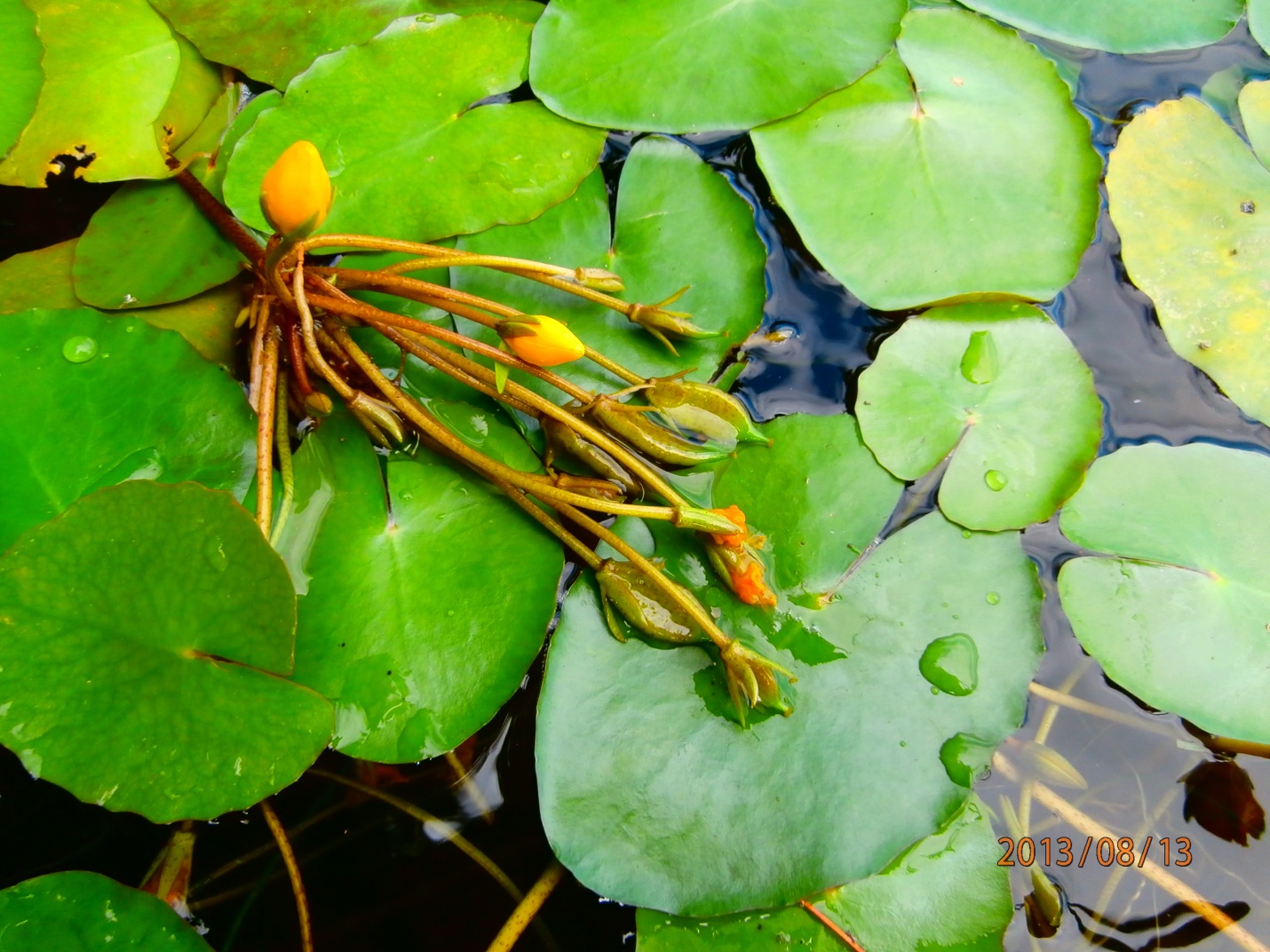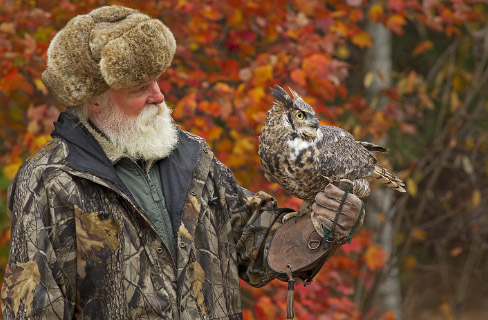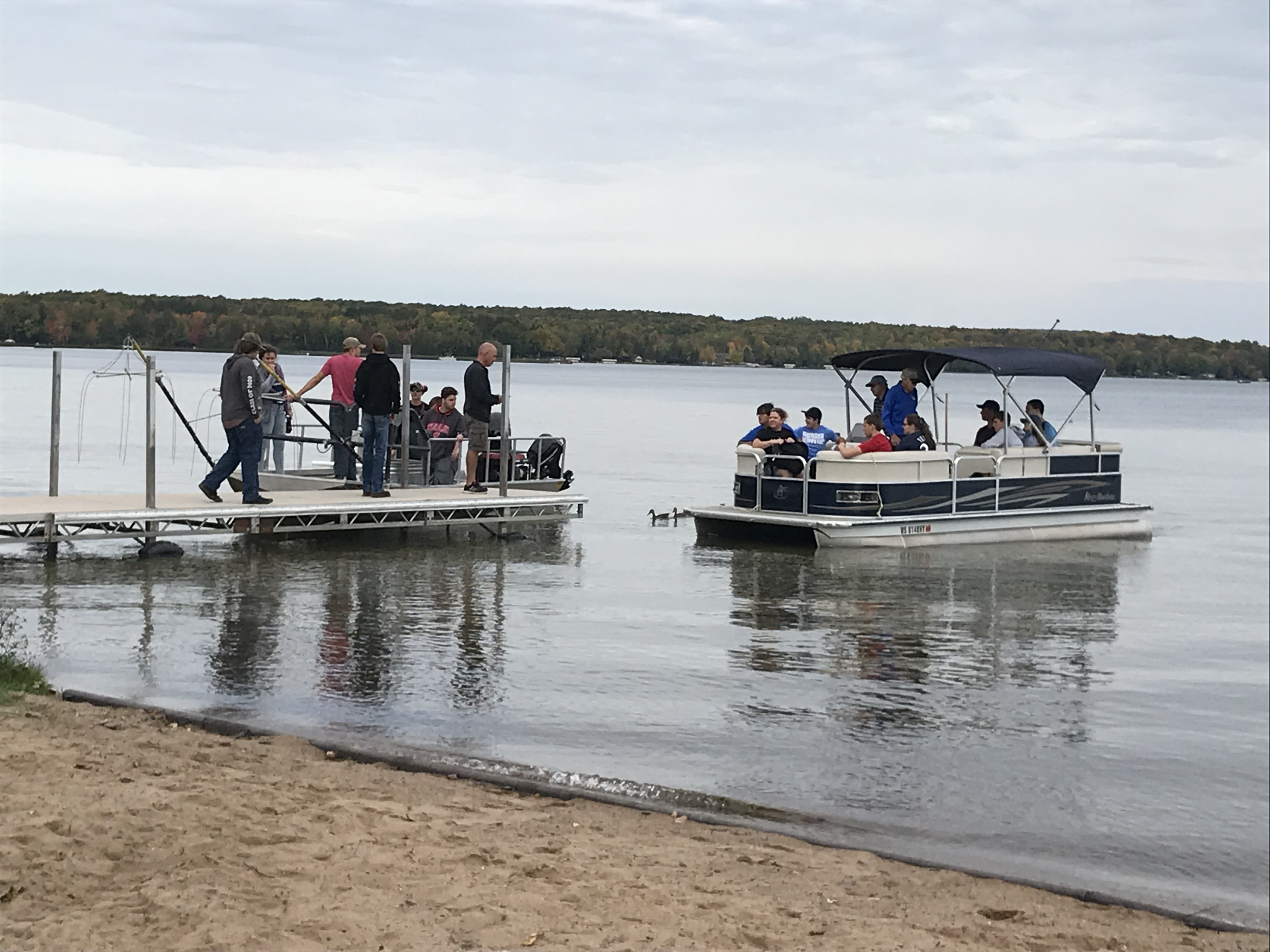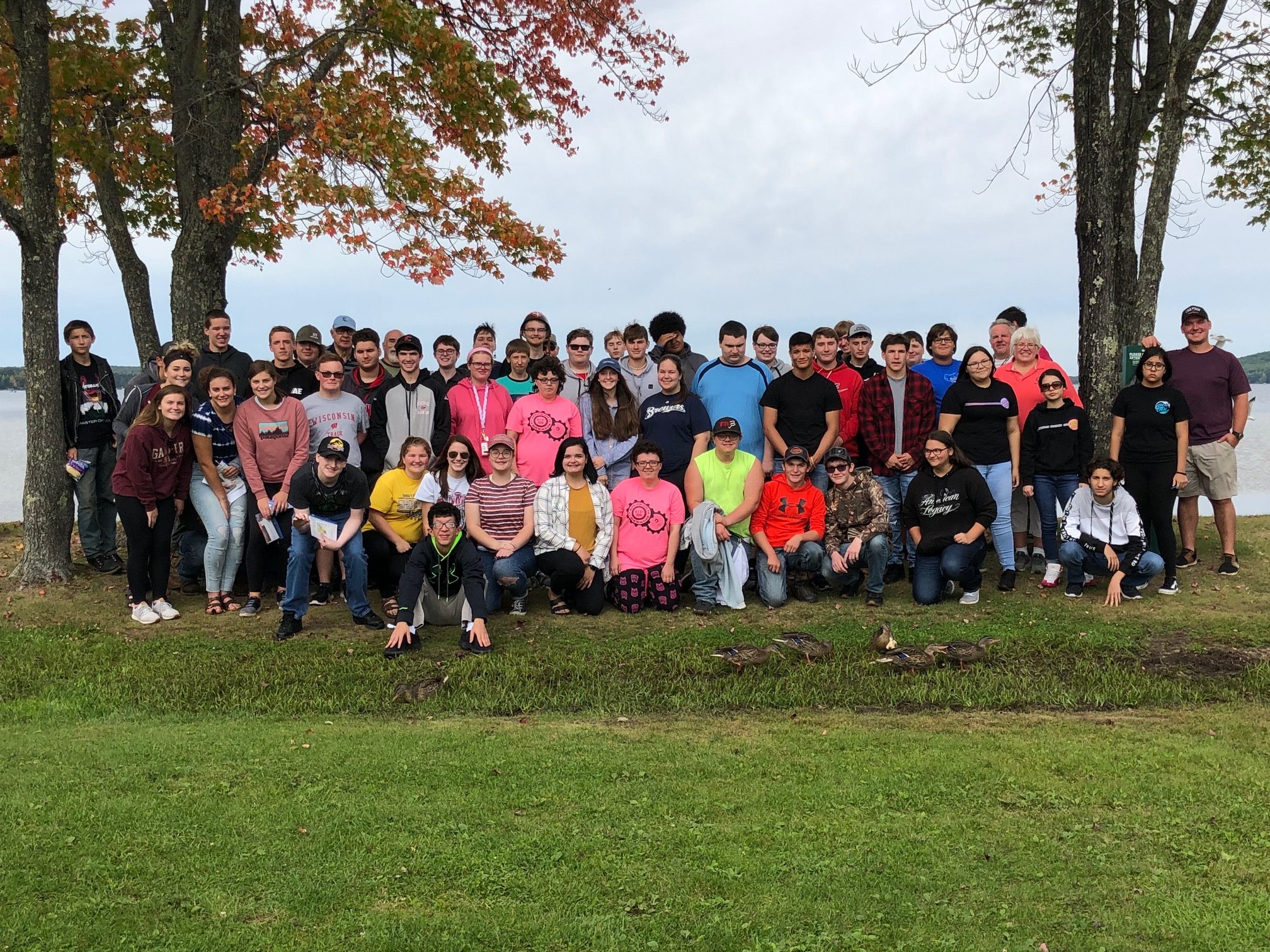about FCAL
The Forest County Association of Lakes (FCAL) is a cooperative effort between each of the lake associations in Forest County, Wisconsin to protect our inland water bodies, environs, and watershed. As a team, we facilitate research and sharing between organizations, governmental bodies, and the general public and work together to preserve the aesthetic beauty, water quality, wildlife habitats, and fisheries within Forest County.
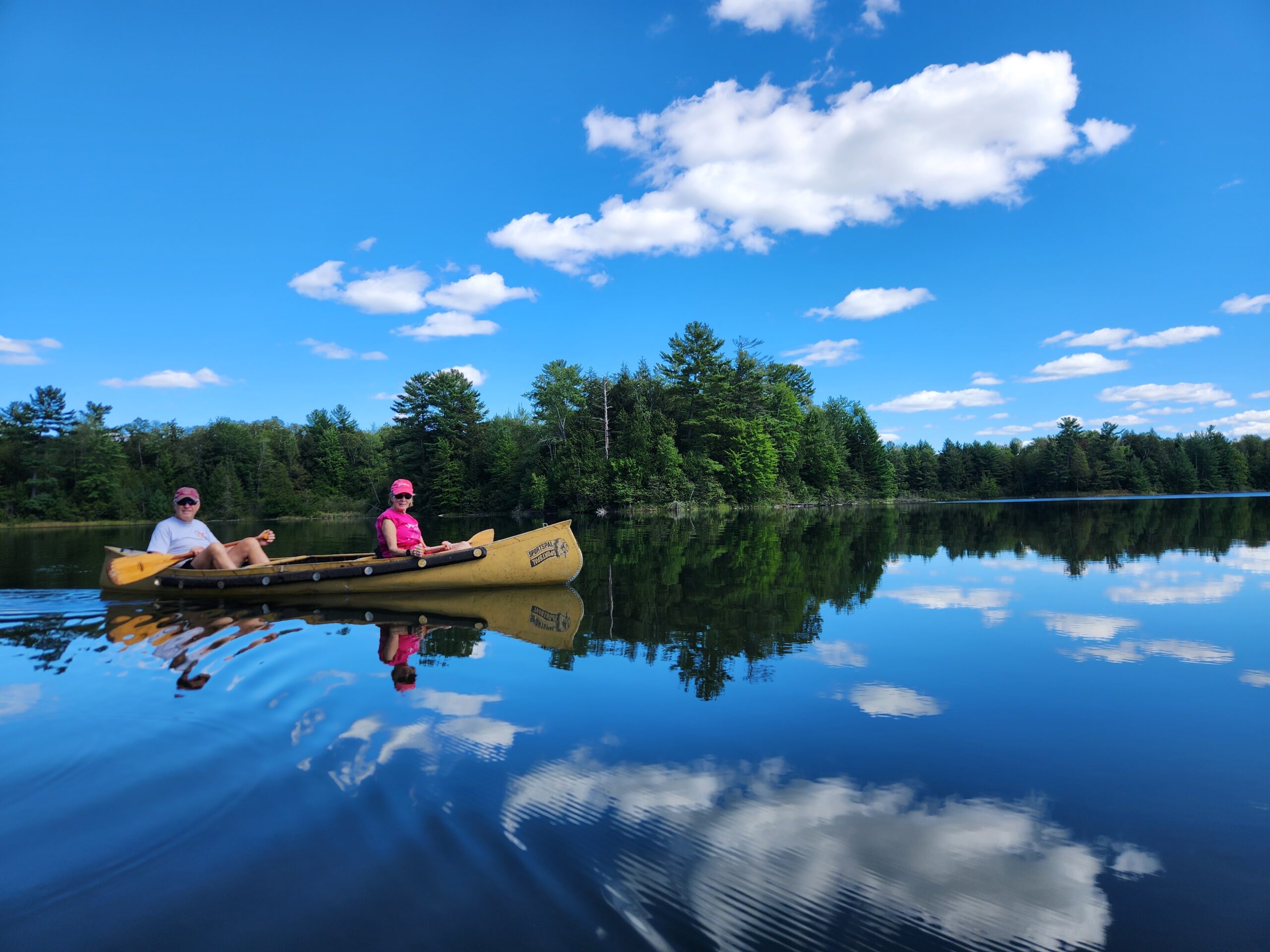
Join FCAL
Join online or by mail.
Our Environment
Forest County Courtesy Code
- Be Kind to Wildlife, Your Neighbors, & Your Lake
- Watercraft Safety – OBEY THE LAWS, REGULATIONS, & RULES
- Clean Boats/Clean Waters – OBEY THE LAWS, REGULATIONS, & RULES
REPORT INVASIVE SPECIES VIOLATIONS TO THE DNR’S TIP LINE
1-800-847-9367
OTHER VIOLATIONS CAN BE REPORTED TO Austin Babich WDNR WARDEN
608-896-5217 or
Or FOREST COUNTY SHERIFF
715-478-3331
WDNR Tip Line
800-847-9367
Forest County Sheriff’s Recreation Officer–Chad Mullis
715-478-3331
RECYCLING MONOFILAMENT FISHING LINE
If left out in the environment, monofilament fishing line can tangle or be ingested by wildlife, endanger swimmers or become wrapped around boat propellers. It can last up to 600 years in freshwater, meaning it poses a threat for a long time. Removing discarded fishing line from the environment is a great first step. Recycling gives it new life.
How to recycle old fishing line
Monofilament fishing line is the line anglers most commonly use: single-strand, high-density nylon. Recyclers that specialize in fishing line melt it down into plastic pellets, which are then recycled into products such as tackle boxes, spools for fishing line, toys and fish habitat structures.
Look for collection bins specifically designed for fishing line at boat launches or similar locations. Line may also be mailed directly to:
Berkley Recycling
1900 18th Street
Spirit Lake, Iowa 51360
Never put fishing line in regular recycling bins as it can cause major issues at recycling facilities designed to handle cans, bottles, paper and cardboard.
Forest County Association of Lakes are building monofilament fish line containers. We are donating them to Forest County lake associations that are members of FCAL for their boat landings. They have been installed on Camp Six Lake, Lily Lake, Little Long Lake, Pine Lake, Pickerel Lake, Roberts Lake, Lake Lucerne, Silver Lake and Lake Metonga. Anyone who is interested in obtaining a container can contact us through this website by filling out the contact us form or purchase one.
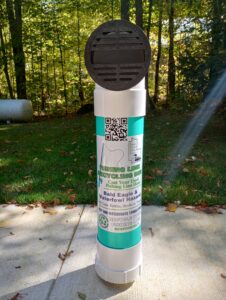
News & Events
To view the whole article tap or click on the picture
A Guide to Seeing the Northern Lights from Wisconsin
The aurora borealis, aka Northern Lights, is usually visible in Alaska, Canada, and Scandinavian countries like Greenland. But there’s good news: The show in the sky is expected to be especially active this summer, and Wisconsin is one of a dozen US states where you...
WISCONSIN LAKES FAQ
Frequently asked questions about lakes are answered on this page. Water Levels and Drought Does drought make blue-green algae worse? Does the drought make Cladophora worse? Why are water levels on my lake lower? What causes water levels to go up and down? Are low...
Waterside Campsites for Adventure-Seekers
Northeast Wisconsin The rapids crash and flow over rock ledges in this stretch of the Oconto River inside the Chequamegon-Nicolet National Forest, and you’ll find Bagley Rapids Campground in the heart of the action. The sites...
Waterside Campsites for Adventure-Seekers
Northwest Wisconsin St. Croix National Scenic Riverway You’ll want to bring a canoe on this trip – more than 100 free primitive campsites are strung out along the Namekagon and St. Croix rivers and are...
Waterside Campsites for Adventure-Seekers
Some of Wisconsin’s best lakeside camping can be found in Door County, at these 17 hike-in sites along the Lake Michigan shoreline within Newport State Park. It’s worth the hike to spend the night where the forest meets the cobblestones, sand and waves of Lake...
History of Wisconsin Sip Building
Did you know the first submarine to be launched sideways (instead of nose first) was built by the Wisconsin company, Manitowoc Shipbuilding Company? On April 30, 1942, the submarine Peto was launched sideways into the Manitowoc River. This was the first submarine...
